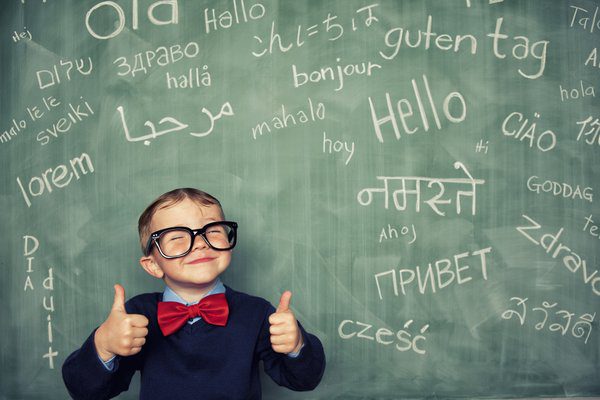Are you the same person you were 10 years ago? And 15 years ago? What if you lived for 250 years? We know the answer: nothing stays the same for centuries, and that includes language. Language change usually starts slowly, but over time, it gains major changes in meaning. This is natural, as language is alive and serves our communication needs. As our communities, cultures, laws and rights change and evolve, our language adapts to the realities and changes of our time.
For example, the word “hysteria” was coined in the early 19th century to describe a supposed disease that afflicted women and left them disturbed and emotional. The word comes from the Greek name for uterus (like the word “hysterectomy”), but this anatomical word gave rise to the name of the disease attributed to people with the organ, which in turn came to be associated with extreme emotion and not that old disease. of the 19th century. Today, many people use “hysteria” or the adjective “hysterical” in Portuguese for “extreme emotion” (like crying hysterically or laughing hysterically) and probably don’t realize that the word has misogynistic roots.
)New Ways to Speak
(Source: gettyimages)
New words are created all the time, often to fill a gap: there is a new situation, context , advancement or evolution in the way we think and take care of each other, and a new word allows us to make quick reference to our new reality. Often, the new word refers to something that not even our ancestors could have imagined, generations or centuries ago.
It is also very common for existing words to take on new meanings. Often a word has more than one possible meaning or interpretation, and one of them becomes stronger, leading to others. Like a wireless phone game that goes on for centuries, the changes in meaning can be truly surprising – but just as our culture and sensibilities evolve, so does the meaning of words!
All changes all the time
(Source: gettyimages)
Language change and linguistic innovation are inevitable, and that’s a good thing. As we evolve, languages and the way we speak also go through this process. Older people often don’t understand some expressions and slang that we are used to speaking. And at other times, the language can be different even for people who are in the same generation, but in different groups or localities, occupying a regional linguistic bubble.
So remember se: Every word in your vocabulary tells a story, so it’s always interesting to be mindful of the words you choose, whether in your own language or when you’re learning a new language. At Duolingo, we always take these meanings into account, to teach the language in a more didactic and truthful way, consistent with the reality of the natives. In the app, students have the chance to experience stories that portray everyday life, with words in different contexts.
With collaboration of Cindy Blanco
Analigia Martins is the Marketing Director in Brazil for Duolingo, the world’s largest language learning platform and the most downloaded app in the Education category on iTunes and Google Play. Responsible for increasing Duolingo’s notoriety and growth in Brazil, the company’s second largest market, the executive has 20 years of experience in services marketing, especially in the Education area in Brazil and the United States. Analigia has a postgraduate degree in Business Administration from Harvard University and a bachelor’s degree in Advertising from Fundação Cásper Líbero.








